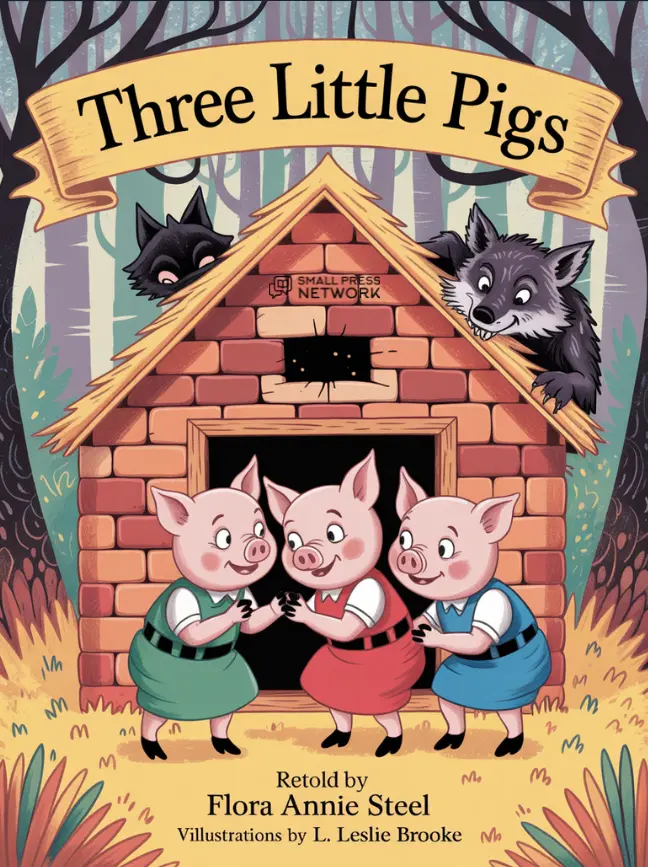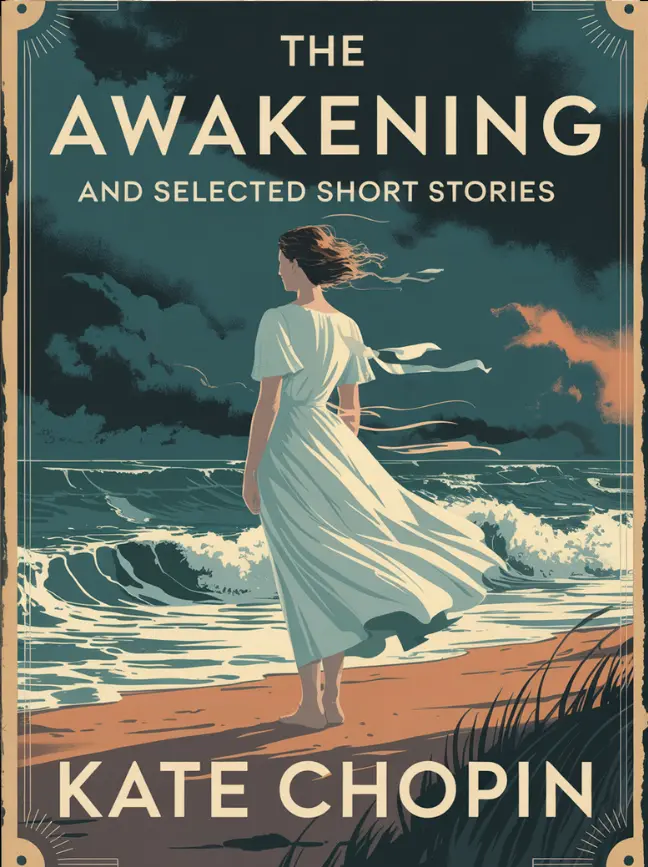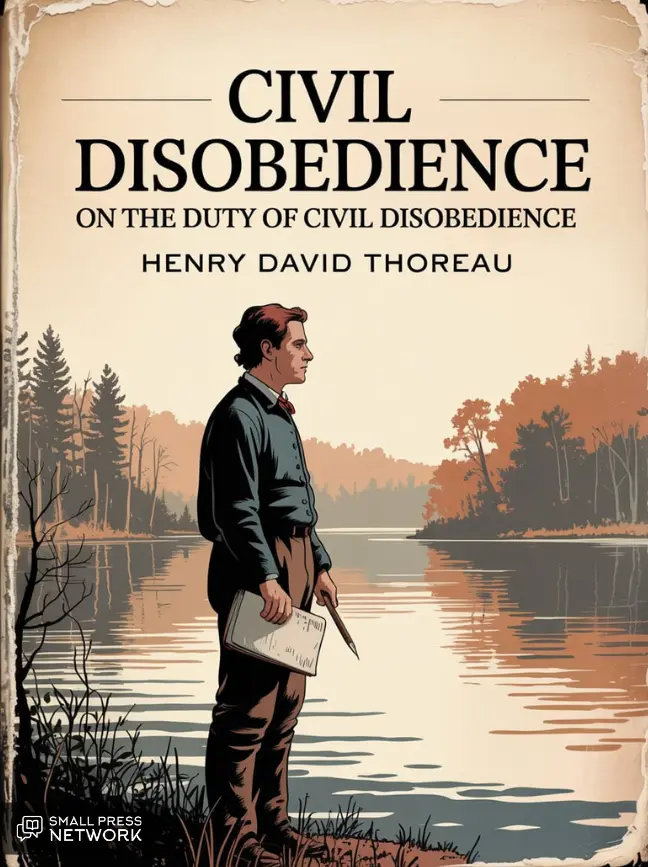684
Chapter XVIII
When Pierre returned home he was handed two of Rostopchín’s broadsheets that had been brought that day.
The first declared that the report that Count Rostopchín had forbidden people to leave Moscow was false; on the contrary he was glad that ladies and tradesmen’s wives were leaving the city. “There will be less panic and less gossip,” ran the broadsheet “but I will stake my life on it that that scoundrel will not enter Moscow.” These words showed Pierre clearly for the first time that the French would enter Moscow. The second broadsheet stated that our headquarters were at Vyázma, that Count Wittgenstein had defeated the French, but that as many of the inhabitants of Moscow wished to be armed, weapons were ready for them at the arsenal: sabers, pistols, and muskets which could be had at a low price. The tone of the proclamation was not as jocose as in the former Chigírin talks. Pierre pondered over these broadsheets. Evidently the terrible stormcloud he had desired with the whole strength of his soul but which yet aroused involuntary horror in him was drawing near.
“Shall I join the army and enter the service, or wait?” he asked himself for the hundredth time. He took a pack of cards that lay on the table and began to lay them out for a game of patience.
“If this patience comes out,” he said to himself after shuffling the cards, holding them in his hand, and lifting his head, “if it comes out, it means… what does it mean?”
He had not decided what it should mean when he heard the voice of the eldest princess at the door asking whether she might come in.
“Then it will mean that I must go to the army,” said Pierre to himself. “Come in, come in!” he added to the princess.
Only the eldest princess, the one with the stony face and long waist, was still living in Pierre’s house. The two younger ones had both married.
“Excuse my coming to you, cousin,” she said in a reproachful and agitated voice. “You know some decision must be come to. What is going to happen? Everyone has left Moscow and the people are rioting. How is it that we are staying on?”
“On the contrary, things seem satisfactory, ma cousine,” said Pierre in the bantering tone he habitually adopted toward her, always feeling uncomfortable in the role of her benefactor.
“Satisfactory, indeed! Very satisfactory! Barbara Ivánovna told me today how our troops are distinguishing themselves. It certainly does them credit! And the people too are quite mutinous—they no longer obey, even my maid has taken to being rude. At this rate they will soon begin beating us. One can’t walk in the streets. But, above all, the French will be here any day now, so what are we waiting for? I ask just one thing of you, cousin,” she went on, “arrange for me to be taken to Petersburg. Whatever I may be, I can’t live under Bonaparte’s rule.”
“Oh, come, ma cousine! Where do you get your information from? On the contrary…”
“I won’t submit to your Napoleon! Others may if they please…. If you don’t want to do this…”
“But I will, I’ll give the order at once.”
685
The princess was apparently vexed at not having anyone to be angry with. Muttering to herself, she sat down on a chair.
“But you have been misinformed,” said Pierre. “Everything is quiet in the city and there is not the slightest danger. See! I’ve just been reading…” He showed her the broadsheet. “Count Rostopchín writes that he will stake his life on it that the enemy will not enter Moscow.”
“Oh, that count of yours!” said the princess malevolently. “He is a hypocrite, a rascal who has himself roused the people to riot. Didn’t he write in those idiotic broadsheets that anyone, ‘whoever it might be, should be dragged to the lockup by his hair’? (How silly!) ‘And honor and glory to whoever captures him,’ he says. This is what his cajolery has brought us to!
Barbara Ivánovna told me the mob near killed her because she said something in French.”
“Oh, but it’s so… You take everything so to heart,” said Pierre, and began laying out his cards for patience.
Although that patience did come out, Pierre did not join the army, but remained in deserted Moscow ever in the same state of agitation, irresolution, and alarm, yet at the same time joyfully expecting something terrible.
Next day toward evening the princess set off, and Pierre’s head steward came to inform him that the money needed for the equipment of his regiment could not be found without selling one of the estates. In general the head steward made out to Pierre that his project of raising a regiment would ruin him. Pierre listened to him, scarcely able to repress a smile.
“Well then, sell it,” said he. “What’s to be done? I can’t draw back now!”
The worse everything became, especially his own affairs, the better was Pierre pleased and the more evident was it that the catastrophe he expected was approaching. Hardly anyone he knew was left in town. Julie had gone, and so had Princess Mary. Of his intimate friends only the Rostóvs remained, but he did not go to see them.
To distract his thoughts he drove that day to the village of Vorontsóvo to see the great balloon Leppich was constructing to destroy the foe, and a trial balloon that was to go up next day. The balloon was not yet ready, but Pierre learned that it was being constructed by the Emperor’s desire. The Emperor had written to Count Rostopchín as follows: As soon as Leppich is ready, get together a crew of reliable and intelligent men for his car and send a courier to General Kutúzov to let him know. I have informed him of the matter.
Please impress upon Leppich to be very careful where he descends for the first time, that he may not make a mistake and fall into the enemy’s hands. It is essential for him to combine his movements with those of the commander in chief.
On his way home from Vorontsóvo, as he was passing the Bolótnoe Place Pierre, seeing a large crowd round the Lóbnoe Place, stopped and got out of his trap. A French cook accused of being a spy was being flogged. The flogging was only just over, and the executioner was releasing from the flogging bench a stout man with red whiskers, in blue stockings and a green jacket, who was moaning piteously. Another criminal, thin and pale, stood near.
Judging by their faces they were both Frenchmen. With a frightened and suffering look resembling that on the thin Frenchman’s face, Pierre pushed his way in through the crowd.
“What is it? Who is it? What is it for?” he kept asking.
But the attention of the crowd—officials, burghers, shopkeepers, peasants, and women in cloaks and in pelisses—was so eagerly centered on what was passing in Lóbnoe Place that no one answered him. The stout man rose, frowned, shrugged his shoulders, and evidently trying
686
to appear firm began to pull on his jacket without looking about him, but suddenly his lips trembled and he began to cry, in the way full-blooded grown-up men cry, though angry with himself for doing so. In the crowd people began talking loudly, to stifle their feelings of pity
as it seemed to Pierre.
“He’s cook to some prince.”
“Eh, mounseer, Russian sauce seems to be sour to a Frenchman… sets his teeth on edge!” said a wrinkled clerk who was standing behind Pierre, when the Frenchman began to cry.
The clerk glanced round, evidently hoping that his joke would be appreciated. Some people began to laugh, others continued to watch in dismay the executioner who was undressing the other man.
Pierre choked, his face puckered, and he turned hastily away, went back to his trap muttering something to himself as he went, and took his seat. As they drove along he shuddered and exclaimed several times so audibly that the coachman asked him: “What is your pleasure?”
“Where are you going?” shouted Pierre to the man, who was driving to Lubyánka Street.
“To the Governor’s, as you ordered,” answered the coachman.
“Fool! Idiot!” shouted Pierre, abusing his coachman—a thing he rarely did. “Home, I told you! And drive faster, blockhead!” “I must get away this very day,” he murmured to himself.
At the sight of the tortured Frenchman and the crowd surrounding the Lóbnoe Place, Pierre had so definitely made up his mind that he could no longer remain in Moscow and would leave for the army that very day that it seemed to him that either he had told the coachman this or that the man ought to have known it for himself.
On reaching home Pierre gave orders to Evstáfey—his head coachman who knew everything, could do anything, and was known to all Moscow—that he would leave that night for the army at Mozháysk, and that his saddle horses should be sent there. This could not all be arranged that day, so on Evstáfey’s representation Pierre had to put off his departure till next day to allow time for the relay horses to be sent on in advance.
On the twenty-fourth the weather cleared up after a spell of rain, and after dinner Pierre left Moscow. When changing horses that night in Perkhúshkovo, he learned that there had been a great battle that evening. (This was the battle of Shevárdino.) He was told that there in Perkhúshkovo the earth trembled from the firing, but nobody could answer his questions as to who had won. At dawn next day Pierre was approaching Mozháysk.
Every house in Mozháysk had soldiers quartered in it, and at the hostel where Pierre was met by his groom and coachman there was no room to be had. It was full of officers.
Everywhere in Mozháysk and beyond it, troops were stationed or on the march. Cossacks, foot and horse soldiers, wagons, caissons, and cannon were everywhere. Pierre pushed forward as fast as he could, and the farther he left Moscow behind and the deeper he plunged into that sea of troops the more was he overcome by restless agitation and a new and joyful feeling he had not experienced before. It was a feeling akin to what he had felt at the Slobóda Palace during the Emperor’s visit—a sense of the necessity of undertaking something and sacrificing something. He now experienced a glad consciousness that everything that constitutes men’s happiness—the comforts of life, wealth, even life itself—is rubbish it is pleasant to throw away, compared with something… With what? Pierre could not say, and he did not try to determine for whom and for what he felt such particular delight in sacrificing
687
everything. He was not occupied with the question of what to sacrifice for; the fact of sacrificing in itself afforded him a new and joyous sensation.





